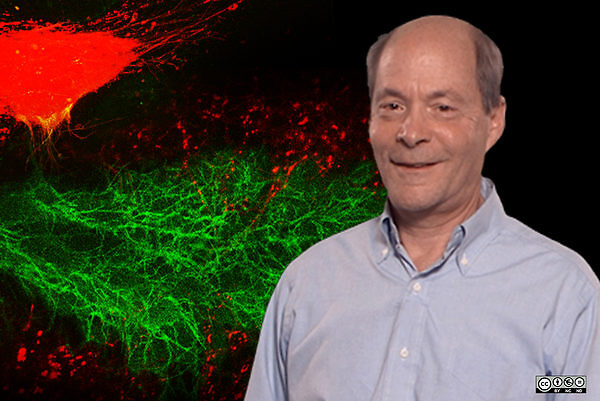Presidential Lecture - "Signaling at a Distance: Communicating by Touch for Development and Cancer" by Dr. Thomas Kornberg

Date
Location
Description
In 1909, Ethel Browne, a graduate student working under E.B. Wilson, found that transplanting the tentacle one a hydra to another caused a change in the development of the recipient hydra. Then in 1924, Hans Spemann and Hilde Mangold found that when they transplanted specific tissue from the dorsal side of an amphibian embryo to the ventral side a second neural axis was produced. This line of research led to the conclusion that some cells must have the ability to induce responses in other cells, but it was still unclear how these inducing signals travelled from cell to cell. In his lecture, Dr. Kornberg will explain this process, giving an in-depth look at how specialized “cell fingers” called cytonemes transport pattern-generating signaling proteins between cells and transfer these proteins at cell-cell junctions that are functionally and structurally similar to neuronal synapses. Cytoneme synapses, like neuronal synapses, use the neurotransmitter glutamate to activate signaling and are excitable. This cytoneme-mediated signaling is the basis for cell-cell communication in both development and disease.
Dr. Kornberg is professor of biochemistry and biophysics in the Cardiovascular Research Institute at the University of California, San Francisco. He obtained his BA and PhD degrees at Columbia University in New York. His discovery and characterization of DNA polymerase III established the mechanism of DNA polymerization for chromosomal replication, and his investigations into the mechanisms by which cells communicate over long distances led to the discovery of cytonemes, the thin cellular projections that are specialized for the exchange of signaling proteins between cells. Dr. Kornberg is also an accomplished musician, having studied cello with Leonard Rose at The Juilliard School.
Attachments
Subscribe to the OIST Calendar: Right-click to download, then open in your calendar application.



